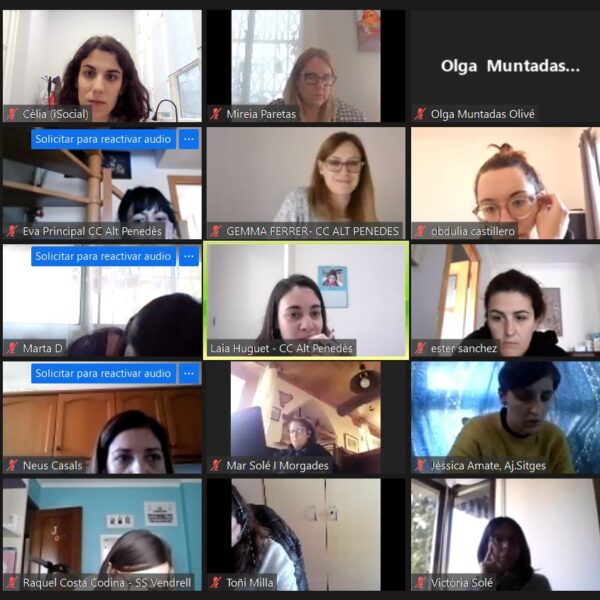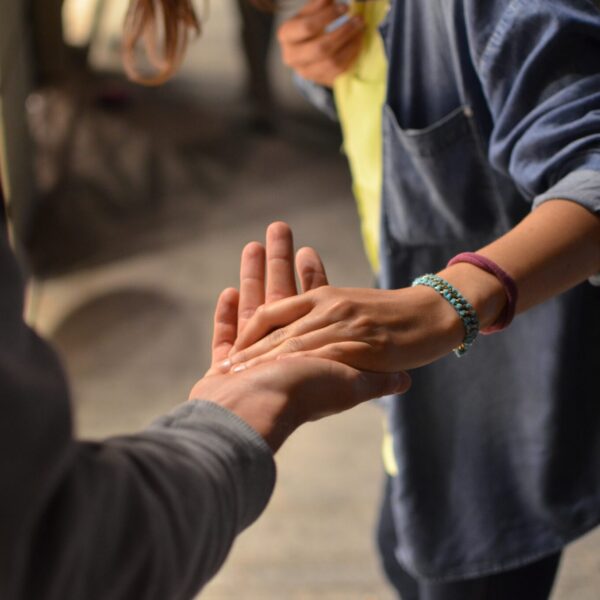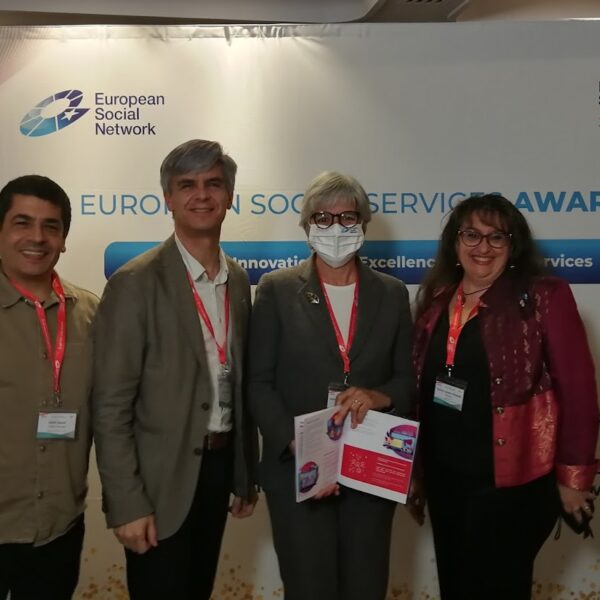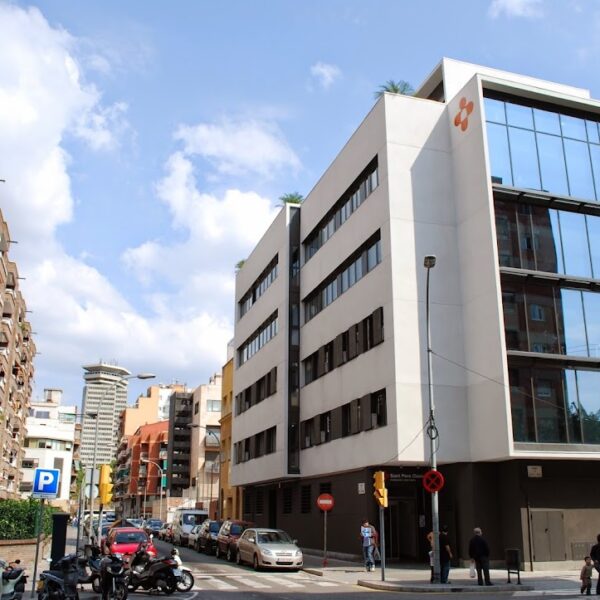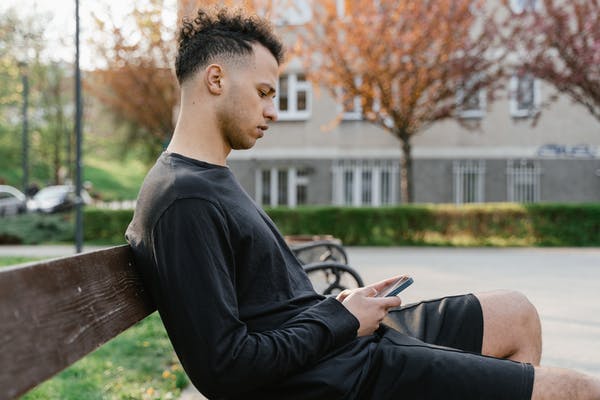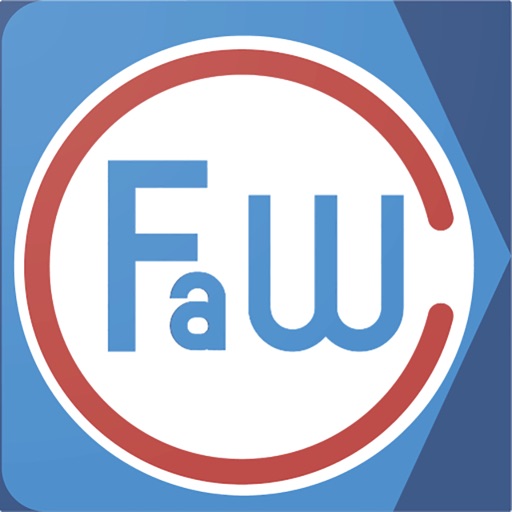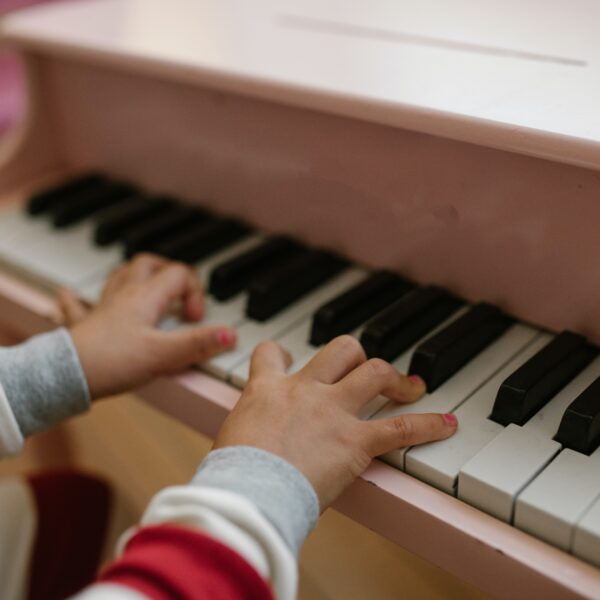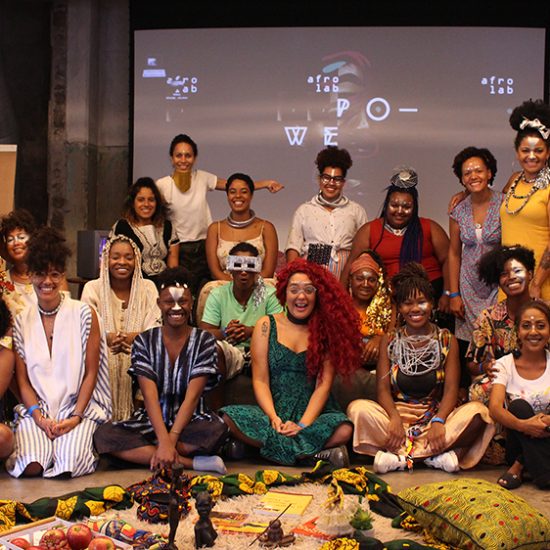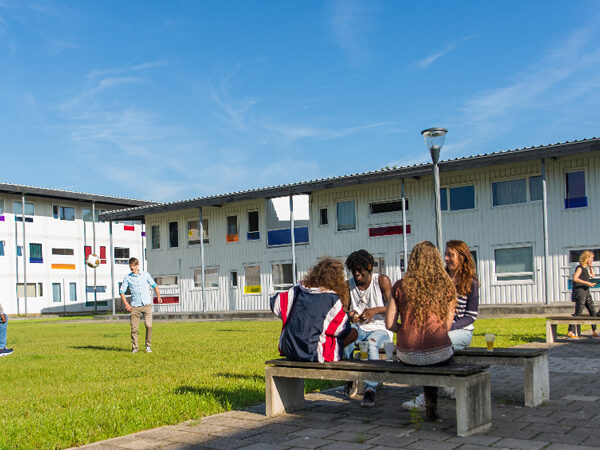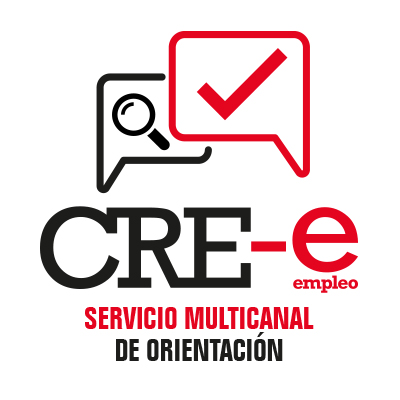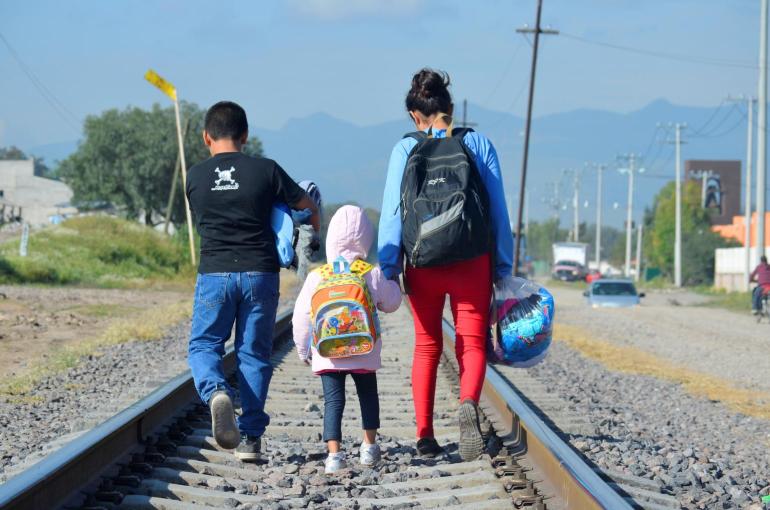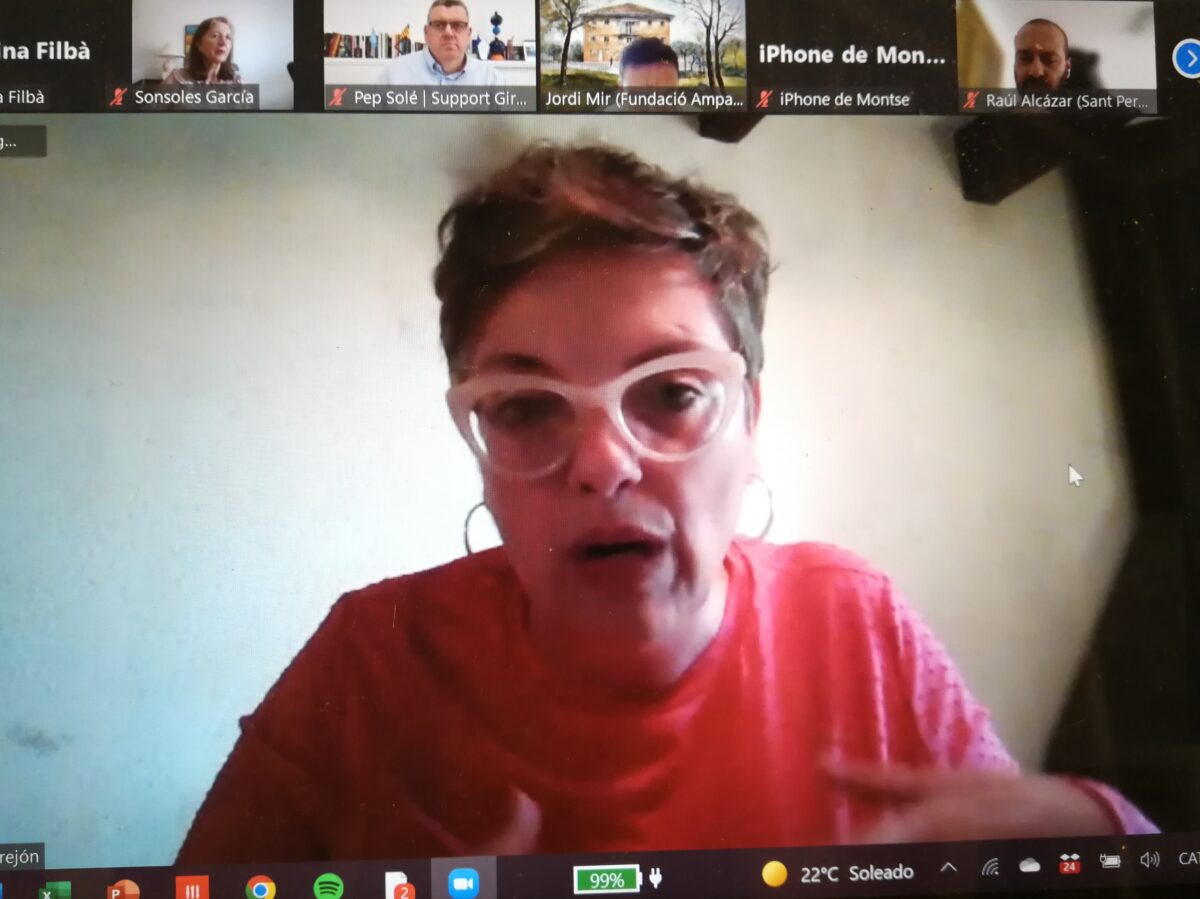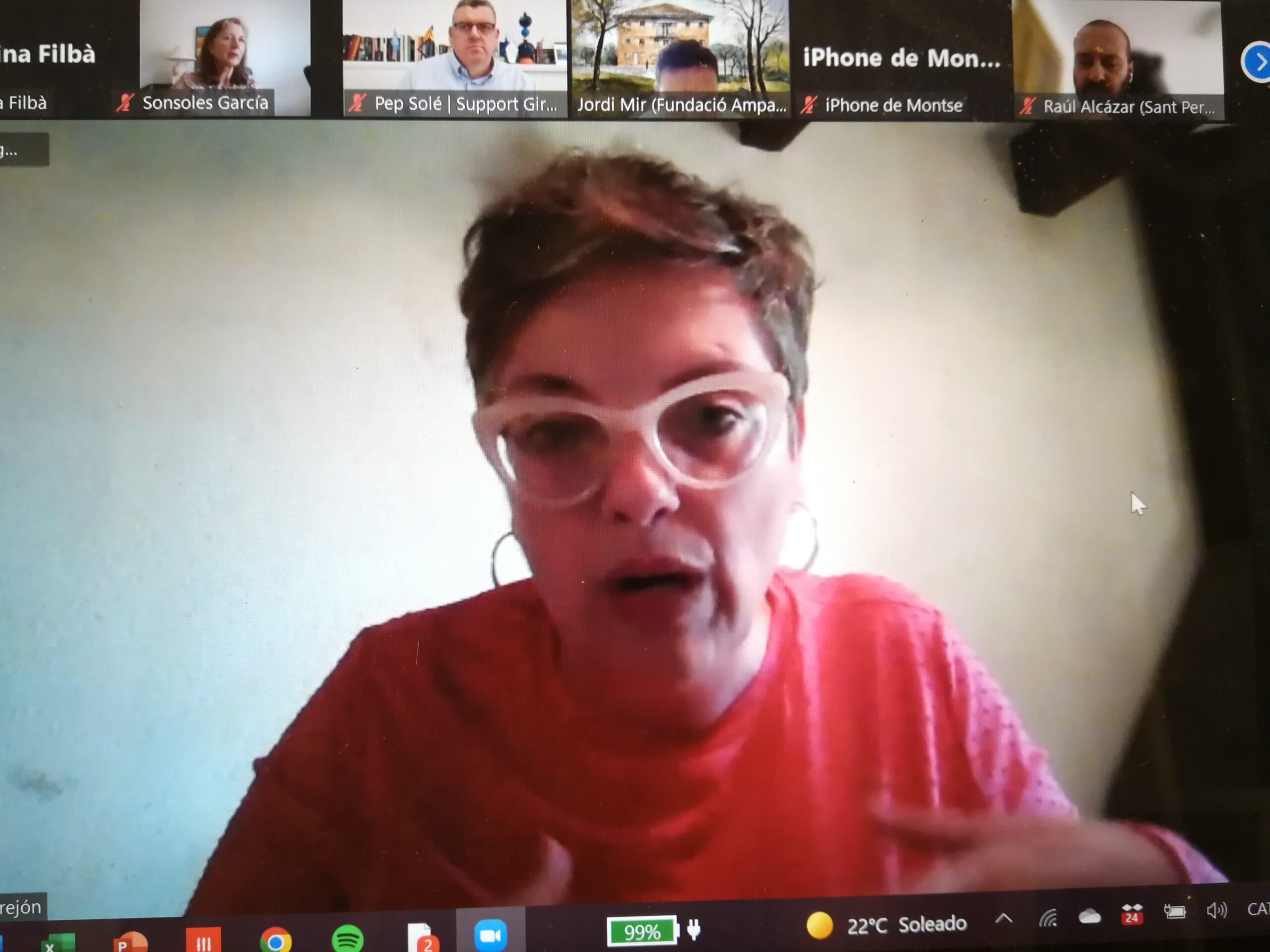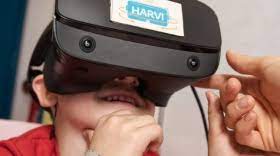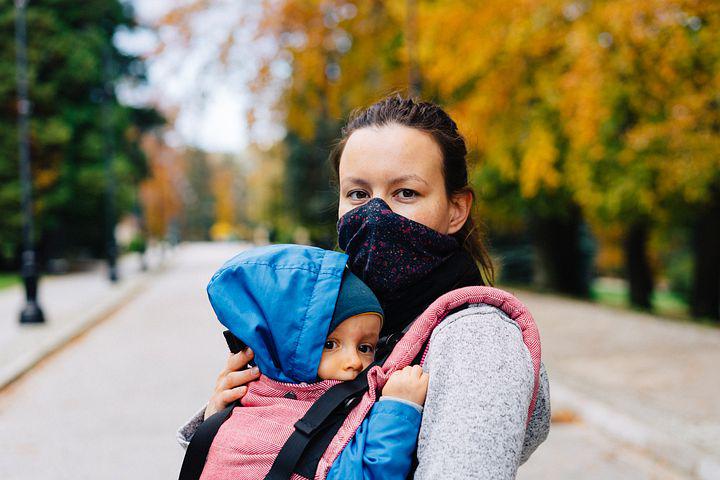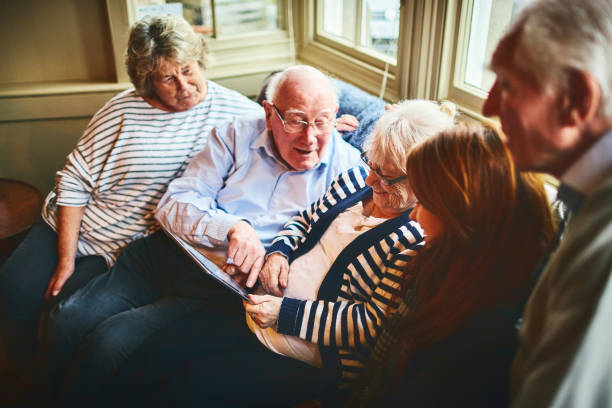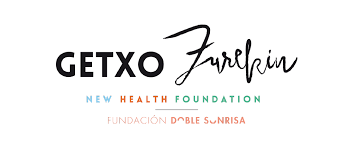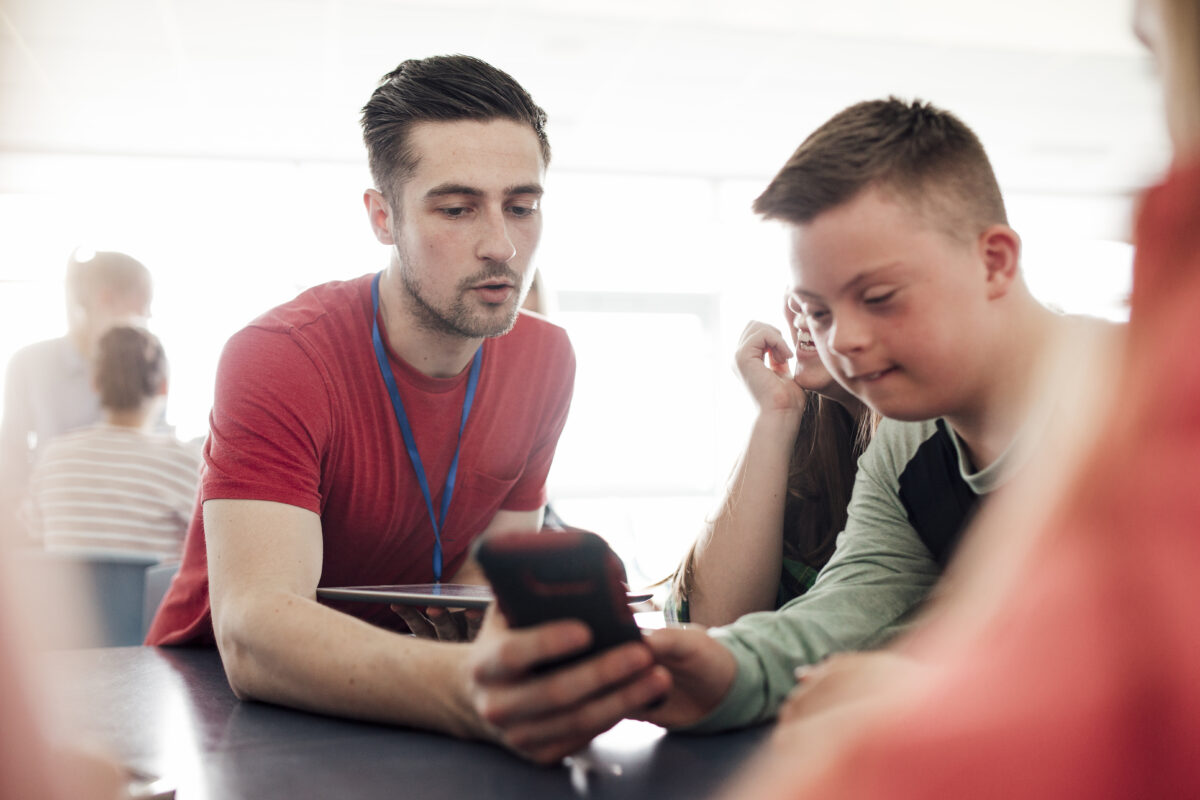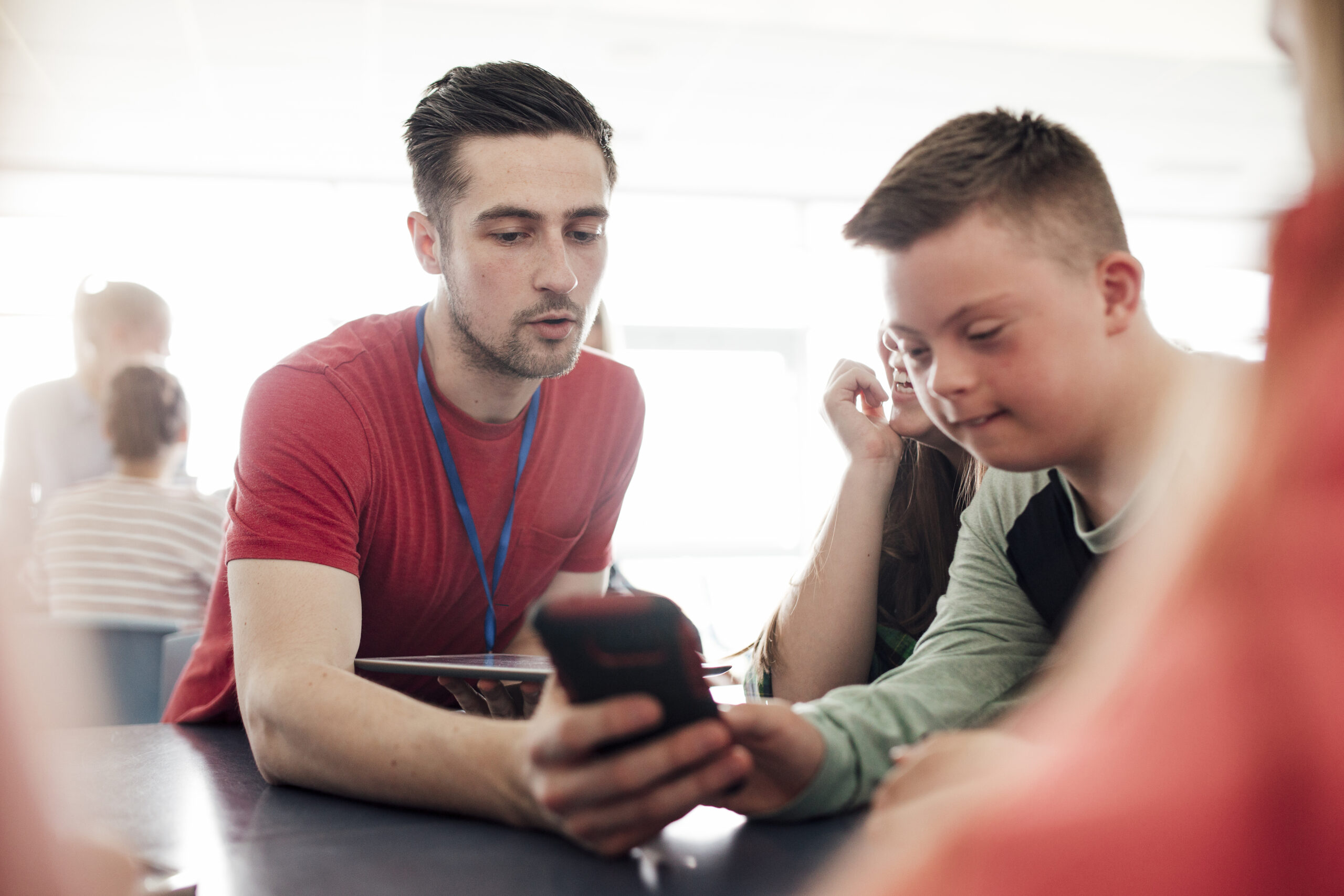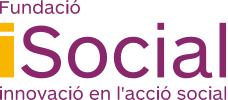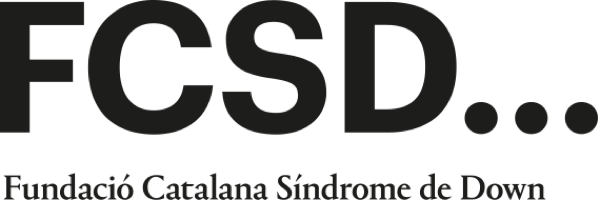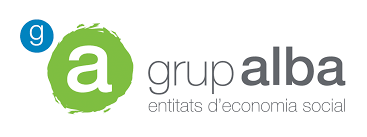The basque cooperative group Angintzari, new iSocial member – Agintzari euskal erakundeak iSozialean sartzea onartu du
The basque cooperative group Angintzari, new iSocial member – Agintzari euskal erakundeak iSozialean sartzea onartu du
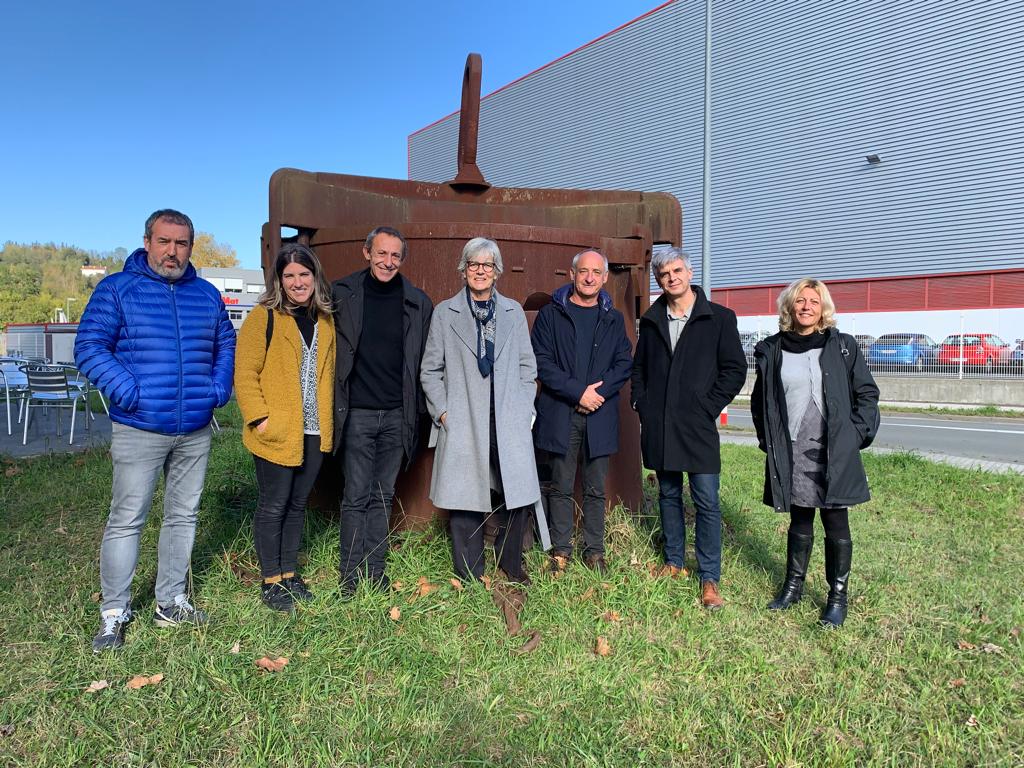
It becomes the thirteenth member entity of iSocial. AGINTZARI is a cooperative group with more than 40 years of experience and with strong implementation in Euskadi.
iSocial erakundeko hamahirugarren erakunde kidea da. Agintzari kooperatibak 40 urte baino gehiagoko ibilbidea du, eta ezarpen handia du Euskadin.
The board of the basque cooperative group Angintzari today approved its adhesion to the iSocial Foundation as a social-collaborator entity. With this new incorporation, the social entities of ISOCIAL are already thirteen, and supposes the first link of an entity from outside Catalonia.
AGINTZARI is a social initiative cooperative, with more than 40 years of experience, and is integrated into the Bogan group together with the Zabalduz and Hirube cooperatives. This group has more than 700 social education and psychology professionals. In its status as a social company involved in the development of the community, it operates in the field of social intervention, and related systems, such as the educational and socio -health field, working on the implementation of innovative proposals and in the management of Quality services aimed at overcoming the social needs of people and groups in a difficulty.
Angintzari’s relations with Isocial began in 2021, with several visits and meetings in Bilbao and Hernani (in photography), and since then the collaboration to boost joint projects has been increasing, in areas such as withouthogarismo, extined young people or the Attention to the loneliness of the elderly.
—
Agintzari euskal kooperatibaren zuzendaritza-kontseiluak gaur onartu du Fundacion iSocial erakundearekin bat egitea. Inkorporazio berri horrekin, dagoeneko hamahiru dira iSocial osatzen duten gizarte-erakundeak, eta Kataluniatik kanpoko erakunde baten lehen lotura da.
Agintzari gizarte-ekimeneko kooperatiba da, 40 urte baino gehiagoko ibilbidea du, eta BOGAN taldean sartuta dago (Zabalduz eta Hirube kooperatibekin batera). Talde horrek gizarte-hezkuntzako eta psikologiako 700 profesional baino gehiago ditu. Komunitatearen garapenean inplikatutako gizarte-enpresa den aldetik, esku-hartze sozialaren eta horrekin lotutako sistemen esparruan jarduten du, hala nola hezkuntzaren eta arlo soziosanitarioaren esparruan, eta proposamen berritzaileak abian jartzen eta kalitatezko zerbitzuak kudeatzen lan egiten du, zailtasun-egoeran dauden pertsonen eta kolektiboen gizarte-premiak gainditzera bideratuta.
Agintzari eta ISocial arteko harremanak 2021ean hasi ziren, Bilbon eta Hernanin hainbat bisita eta bilera eginez (argazkigintzan), eta, ordutik, proiektu bateratuak bultzatzeko lankidetza gero eta handiagoa izan da, besteak beste, etxegabetasunean, zaharkitutako gazteetan edo adinekoen bakardadearen arretan.
.
Actualitat

